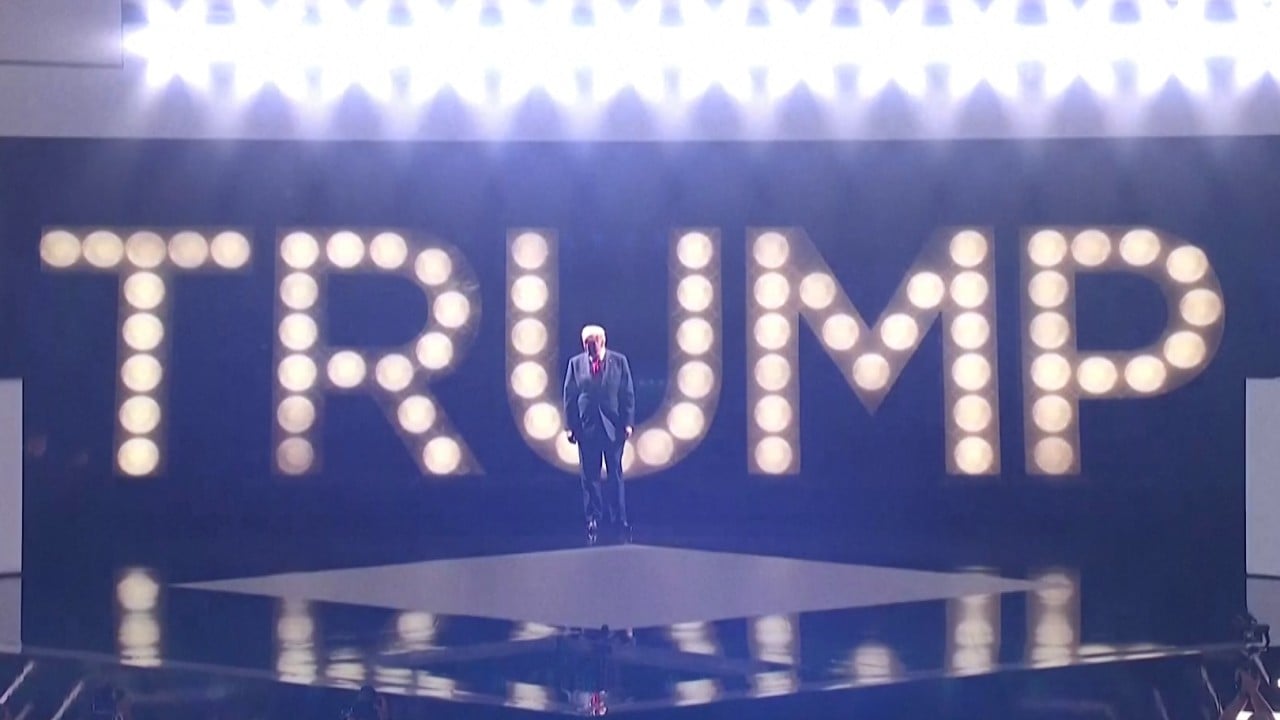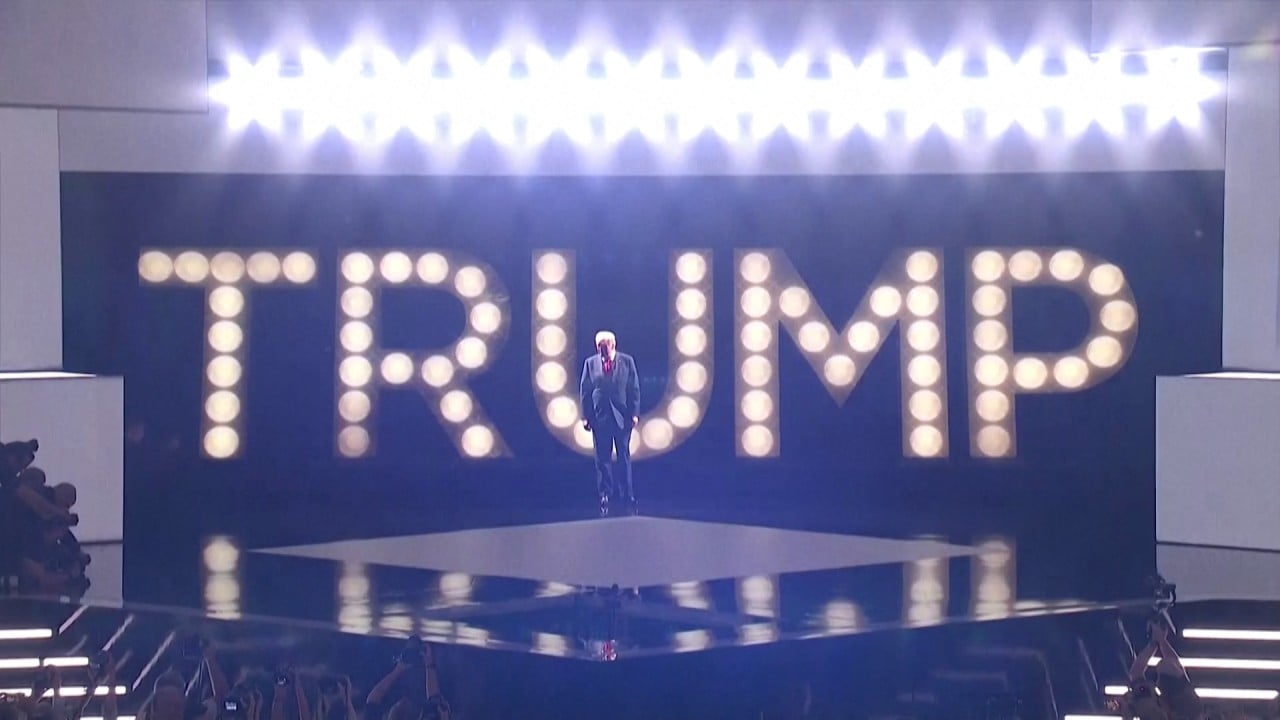Southeast Asian countries are expected to be a low priority for former US president Donald Trump should he return to the Oval Office and could even encounter trade protectionism from Washington, according to a new report from the Lowy Institute.
Trump might not have any time for the region if he were re-elected while countries such as Vietnam which had been major beneficiaries of the relocation of tech supply chains from China prompted by the US-China trade war would be wary of being targeted with new tariffs, findings by the Sydney-based institute released on Friday show.
“Southeast Asia will not be a focus for a re-elected President Trump, which may allow other parts of the US system, including Congress, State Department, and US Indo-Pacific Command, to drive US engagement,” the institute’s Southeast Asia Program director Susannah Patton said.
“On the issue of rebalancing alliances – a focus for Trump – no Southeast Asian country is likely to be in the frame.”
Patton’s assessment is one of several analyses in a collection put together by the Lowy Institute on what a second Trump term would mean for the Asia-Pacific region and global issues such as climate change and the Ukraine war.

Trump’s apathy towards the region was reflected in his promise to end the Biden administration’s Indo-Pacific Economic Framework (IPEF), once hailed as a revival of the American economic pivot to Asia to compensate for Trump pulling the US out of the Trans-Pacific Partnership (TPP) free-trade deal, Patton added. The TPP was later renamed the Comprehensive and Progressive Agreement for Trans-Pacific Partnership (CPTPP).
Few in Southeast Asia, however, would lose sleep over the end of the IPEF, which never offered the kind of trade market access that the CPTPP did and had encountered negotiation setbacks, she said.
“On economics and trade – Southeast Asia’s highest priority – the region will have low expectations. The best-case scenario for US economic engagement under Trump would be a maintenance of the status quo in which the US private sector is active but with little by way of supporting economic statecraft.”
As the instigator behind the US-China trade war in 2018, Trump could also increase protectionism towards countries like Vietnam whose trade surplus with the US had grown steadily, Patton said.
Such a protectionist stance against Washington’s Asian partners would not be new. In the 1990s, Washington and Tokyo were on the brink of a trade war when the US tried to reduce its trade deficit with Japan, with American trade representatives demanding quotas on sensitive products, particularly Japanese cars.
On China, Lowy Institute’s senior fellow for East Asia Richard McGregor said Chinese leaders were likely to see a Trump victory in the November election as a political advantage as it could lead to a further decline of US influence. Other analysts outside of the Lowy Institute have also reached a similar conclusion.

“Trumpian chaos hurts the brand of democracy generally and bolsters Chinese advocacy for an alternative to the US‑built and led world order,” McGregor said.
But Trump was not a predictable figure and his potential win had also stirred up some anxiety in Beijing, he added.
“The Chinese see Trump as corrupt and transactional, all qualities they thought they could exploit and indeed did in the early period of his first presidency after he was elected in late 2016. But the Chinese approach did not work in the long run,” he said.
“The idea of a grand bargain between the United States and China, brokered by Trump as the self-styled master deal maker seems as distant as ever. Trump tried that in his first term with North Korea and failed.”
On the other hand, Japan has warmed to a potential Trump return while South Korea remained ambivalent about such an outcome since Trump did not make his disdain for traditional allies a secret, McGregor said.
Japan knew it could not contain China without support from the US especially when Washington offered strong deterrence against Beijing, according to McGregor. A Democratic win could also be favourable to Japan given that Vice President Kamala Harris would continue the Biden administration’s tough-on-China foreign policy if she were to win the election.
Aukus – the nuclear-powered submarine deal between Australia, the US and the UK largely seen as a platform to counter China – could be at risk, said Sam Roggeveen, the institute’s International Security Program director.
Some officials in the Trump camp were concerned that the deal could put pressure on US shipbuilding capabilities to meet both submarine demands from the US as well as Australia, Roggeveen said.
He pointed out how Elbridge Colby, a senior defence official in Trump’s first term, had said it would be “highly imprudent to part with [submarines] absent an ironclad guarantee they can be employed at the will of the US”.



